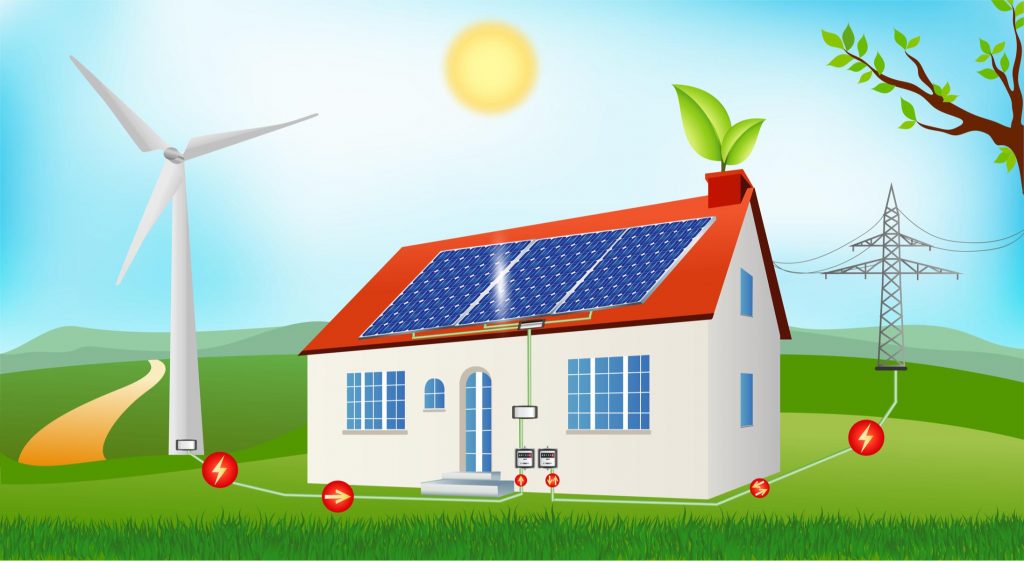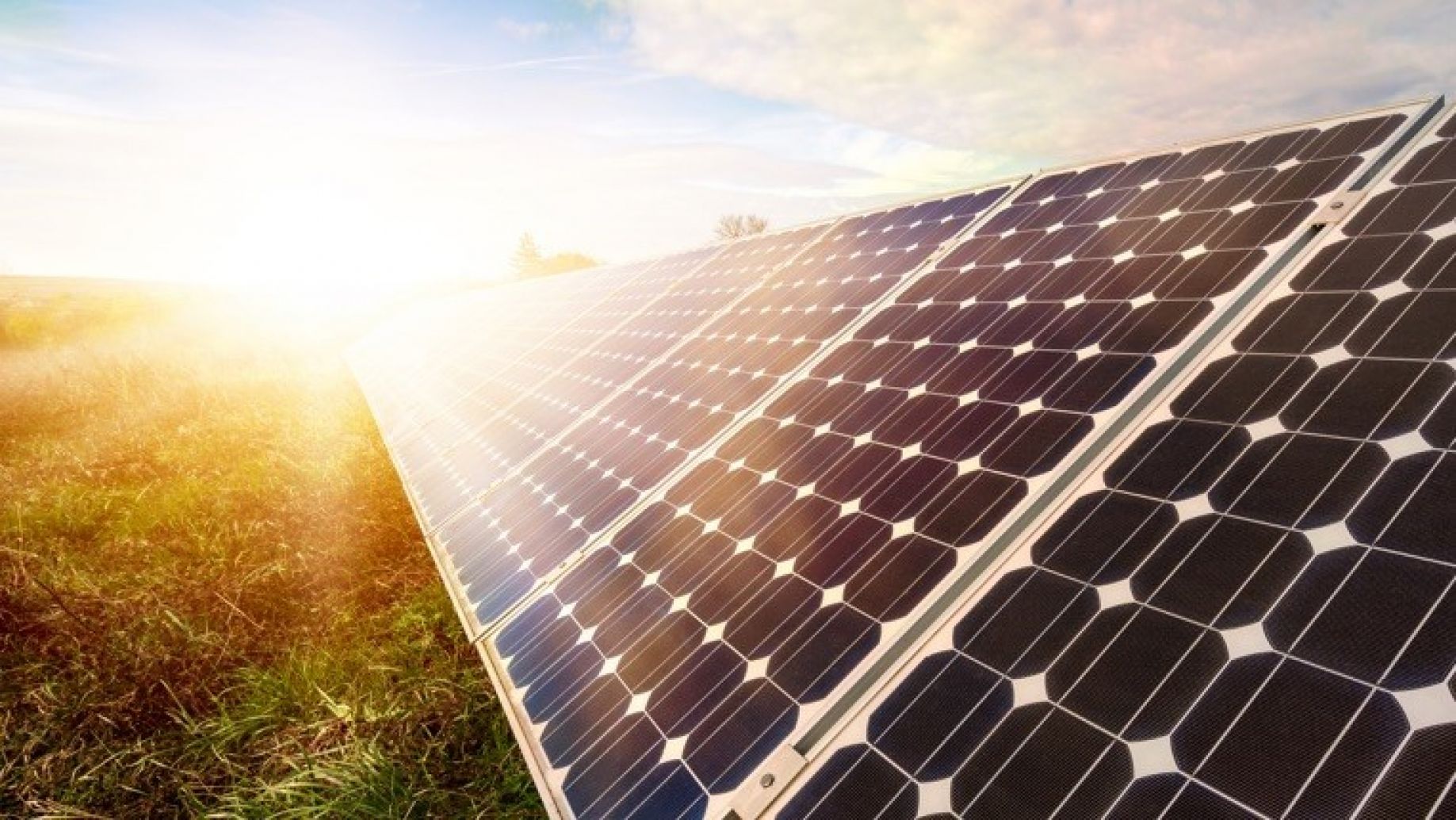The prosumer is the person who not only consumes energy, but also produces and delivers electricity from renewable sources. More precisely, the prosumer produces energy for their own consumption and injects the surplus into the grid, based on a sales-purchase agreement with their electricity supplier.

What is a prosumer?
According to the ANR, the prosumer is:
„…the final customer who owns electricity production facilities, including in cogeneration, whose specific activity is not the production of electricity, who consumes and who can store and sell electricity from renewable sources produced in his building, including a block of apartments, a residential area, a shared service location, commercial or industrial or in the same closed distribution system, provided that, in the case of autonomous non-domestic consumers of energy from renewable sources, these activities do not constitute their primary commercial or professional activity.”
If you are interested in becoming a prosumer, it is very important to read the latest regulations in the field. In general, anyone can choose to install a photovoltaic system to reduce electricity costs, but also to contribute to the production of green energy in Romania.
Basically, if you install photovoltaic panels you will have your own power plant. In order to sell the surplus energy, the installed power of the plant must not exceed 400 kW. The second condition is that the supply of energy for own consumption and the delivery of the surplus to the electrical network must be made through the same connection.
Prices of produced and injected energy
Compensation for the energy produced can be either quantitative or sold to the supplier.
Quantitative Compensation
Quantitative compensation means nothing more than the fact that the prosumer can be rewarded for the surplus energy, injected into the network, within 24 months. For example, during the winter (when it is possible for the photovoltaic system to produce less energy than the required amount), the prosumer receives the surplus energy injected into the network during the summer.
Thus, a prosumer with an installed power of up to 200kWp can opt for this type of compensation.

Sale of Energy Injected into the network
Prosumers who have an installed power between 200kWp and 400kWp can be rewarded for the electricity injected into the network at a price equal to the weighted average price recorded in the PZU (Market for the Next Day) in the month in which the respective energy was produced.
PZU (Market for the Next Day)
PZU (Day-Ahead Market) is a component of the electricity market on which electricity transactions are carried out, with delivery on the day following the trading day.
Considering that the price of energy is increasing, according to studies, the amortization of the costs of installing a photovoltaic system can even reach 3 years.
For example, in February 2022, the price of electricity was 4 times higher compared to February 2021, rising from 234 lei per MWh to 932 lei per MWh.
